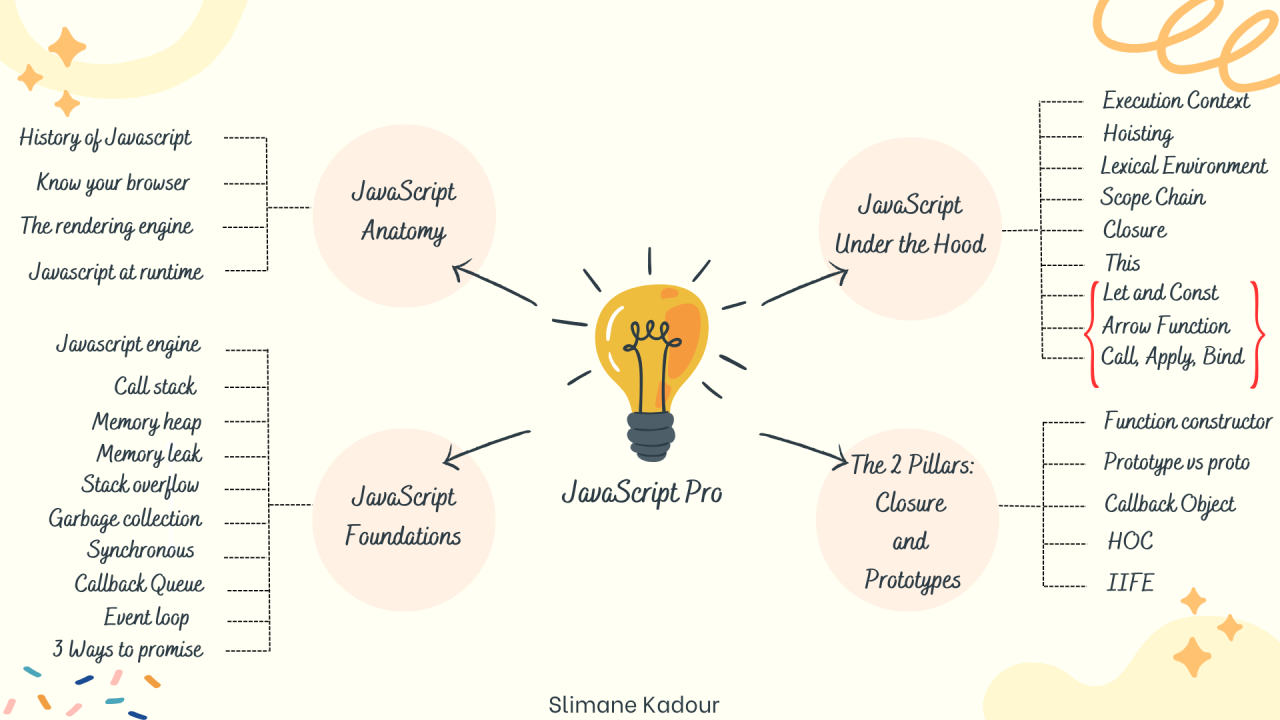
?? Understanding the Main Difference Between let and const in JavaScript
In our journey through JavaScript, we've delved into the nuances of function scope and block scope, understanding how they shape our code. Today, we're going to explore a vital aspect: variable declaration.
The era of relying on `var` for variable declaration is fading fast. This trusty old keyword is now the weakest signal in JavaScript's variable declaration symphony. Variables declared with `var` may be reassigned or used across an entire function or merely within a block or loop, making it a somewhat unpredictable choice.
Enter ES6 with its game-changing features—`let` and `const`. These two newcomers redefine how we declare variables, offering a level of precision and control that `var` simply can't match. If you've ever wondered what sets `let` and `const` apart from the old-school `var`, you're in for a treat.
What is the var variable in JS
The var keyword is used to declare variables. Variables declared with var are function-scoped, which means they are accessible within the function in which they are defined or, if not within a function, they become global variables accessible throughout the entire program. Here are some key characteristics of variables declared with var:
1. Function Scope: Variables declared with var are scoped to the nearest function, not to the block where they are defined.
2. Hoisting: Variables declared with var are hoisted to the top of their containing function or global scope.
3. Redeclaration: You can redeclare a variable using var within the same scope without any error. This can lead to unexpected behavior in your code.
function example() {
var x = 10;
if (true) {
var x = 20; // This reassigns the same 'x' variable in the function scope.
}
console.log(x); // Output: 20
}
What is the let variable in JS
The let keyword is used to declare variables. Variables declared with let are block-scoped, which means they are limited in scope to the block, statement, or curly braces {} in which they are defined.
1. Block Scope: Variables declared with let are scoped to the nearest enclosing block.
2. Hoisting: Like variables declared with var, variables declared with let are hoisted to the top of their containing block, but they are not initialized.
3. No Redeclaration: You cannot redeclare a variable using let within the same scope. Attempting to do so will result in a syntax error.
function example() {
let x = 10;
if (true) {
let x = 20; // This creates a new 'x' variable within the block scope.
}
console.log(x); // Output: 10 (the 'x' inside the block doesn't affect the 'x' in the function scope)
}
领英推荐
What is the const variable in JS
Just like var and let. However, variables declared with const have some distinct characteristics:
1. Constant Value: Variables declared with const are used for values that should not be changed (i.e., constants).
2. Block Scope: Like let, variables declared with const are block-scoped, which means they are limited in scope to the block, statement, or curly braces {} where they are defined.
3. Hoisting: Similar to let, const variables are hoisted to the top of their containing block but are not initialized. Accessing a const variable before its declaration will result in a ReferenceError.
4. No Redeclaration: Just like let, you cannot redeclare a variable using const within the same scope. Attempting to do so will lead to a syntax error.
In a nutshell, use let when you need a variable that might change its value within a specific block, and use const when you want a variable that remains constant. These tools make our code more predictable and help catch potential bugs early in development. Happy coding! ??
What's next ?
In the next part, we'll be exploring some essential features introduced in recent versions of JavaScript, arrow functions, and the concepts of call, apply, and bind. These features and techniques are powerful tools that enhance the flexibility and functionality of JavaScript code.
So, join me ?? on this journey as we delve into the exciting world of advanced JavaScript concepts and stay informed about the next post series outlined in the roadmap above.
Thank you for your support, and let's continue our journey through the exciting world of advanced JavaScript concepts together!
#JavaScript
#CodingTips
#WebDevelopment